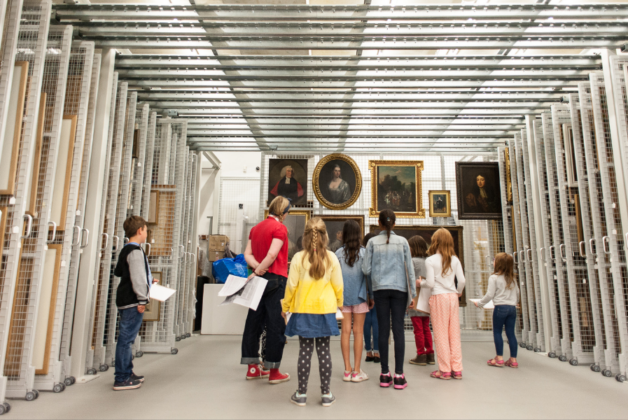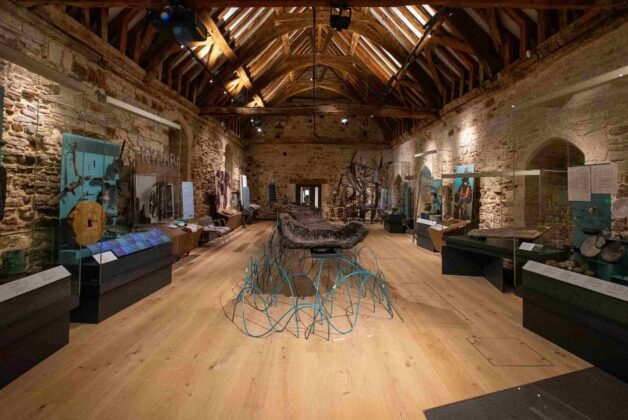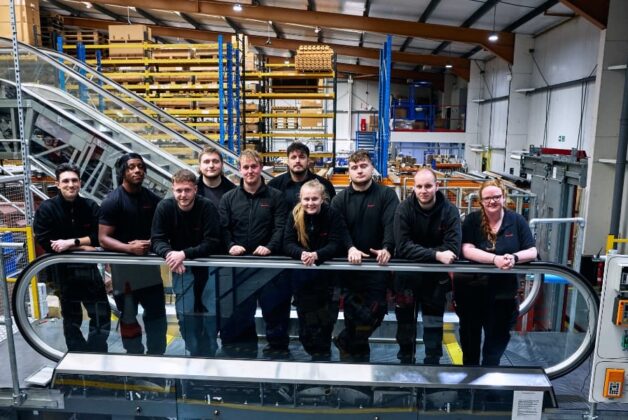Image: 1998-9 works © Jacqueline Poncelet DACS 2024. Courtesy MIMA. Photo Jason Hynes
Art Fund asks curator and artist about acquisition of 12 works spanning different materials from past two decades following major exhibition.
Middlesbrough Institute of Modern Art (MIMA) has acquired 12 works by Jacqueline Poncelet for its permanent collection through the Freelands Art Fund Acquisition.
Created in partnership by Freelands Foundation and Art Fund, the programme enables museums to acquire contemporary works by women artists, ensuring their long-term visibility within the UK’s public collections.
The programme builds on the Freelands Award, established in 2016 to enable arts organisations to stage significant solo exhibitions by mid-career women artists who may not yet have received the public recognition they deserve. The Freelands Art Fund Acquisition programme expands on the award, giving museums an opportunity to acquire works by Freelands Award winners for their collection.
This new acquisition follows MIMA’s major 2024 exhibition ‘In the Making’, the most comprehensive survey of Jacqueline Poncelet’s work to date.
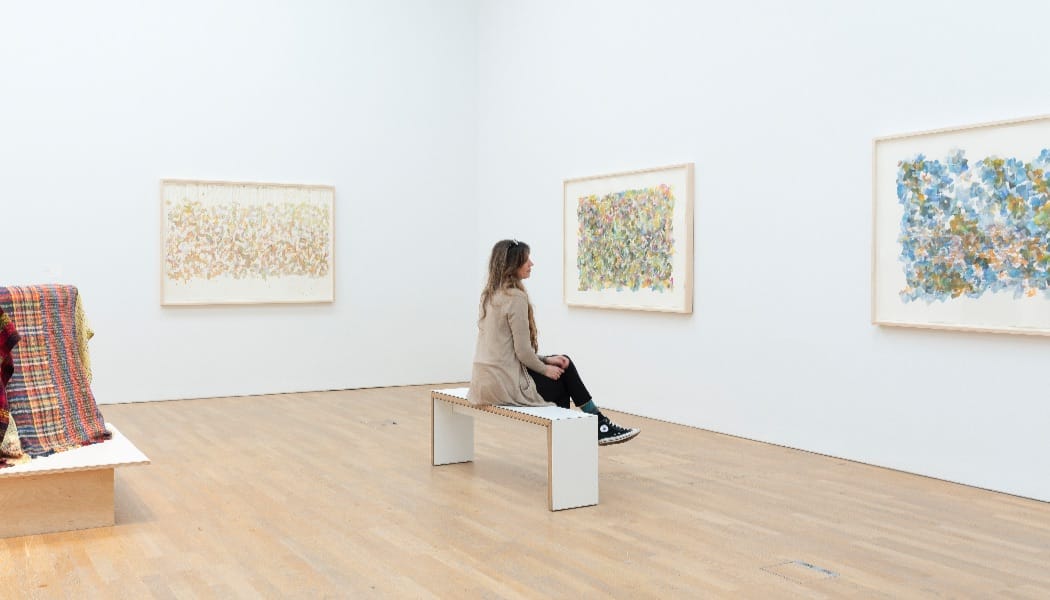
Art Fund spoke with the artist Jacqueline Poncelet and Helen Welford, Exhibitions and Collection Curator at MIMA about the significance of the acquisition and the wider importance of representation in national collections.
Helen Welford, Exhibitions and Collection Curator at MIMA
What does acquiring these works by Jaqueline Poncelet mean for MIMA?
“The acquisition marks a significant moment for MIMA and reflects the legacy of one of our most important artist partnerships. It follows Jacqueline Poncelet’s landmark Freelands Award exhibition In the Making (2024) and the co-publication of the first monograph on her work, culminating five years of collaboration.
“Gaining 12 works for our collection is a hugely important gift. Highly regarded by fellow artists, this acquisition ensures her work will be better appreciated by audiences across the North of England and beyond. Her interdisciplinary practice deeply resonates with our region’s histories of industry, making and home life, and strongly connects to the cultural landscape of the Tees Valley.”
Why was it important to focus on works from the past two decades of Jacqueline’s practice?
“We are committed to addressing gaps in our holdings and building on existing practices held in the collection. We have long held key early ceramic pieces by Jacqueline in the collection. Over the past two decades, her work has expanded in material, process and form – encompassing sculpture, painting and textiles alongside ceramics. Having now acquired pieces from this later period, we can strengthen and deepen Jacqueline’s representation in the collection, offering a more complete and dynamic view of her practice and trajectory.”
How will the works be used across MIMA’s exhibitions, learning programmes and public displays?
“We will share the works in many ways – through dedicated collection displays, thematic exhibitions, and by lending nationally and internationally so they can be enjoyed in fresh contexts. Now part of the Middlesbrough Collection, which sits at the heart of our programme, they will be actively used by visitors, school groups, students and researchers.
“We will also bring them to life through our public programmes, from hands-on workshops to study days designed to spark curiosity and critical engagement. The pieces will also play an active role in teaching and research across a wide range of disciplines within Teesside University.”
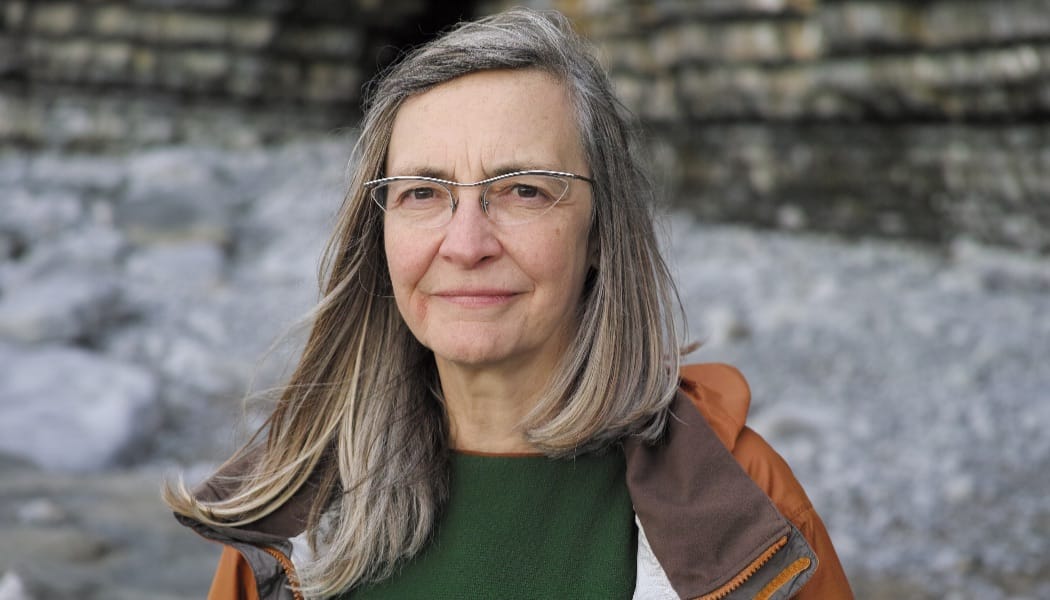
Jaqueline Poncelet, artist
What does it mean for you to have this body of work entering a public collection like MIMA’s?
“I’m thrilled to have a selection of my work from across different times and in different materials in the Middlesbrough Collection. My early work is well represented in museum collections but no other institution has paintings as well as ceramics.
“The exhibition of my work at MIMA was so well received. I hope its diversity will mean that it is often included in future projects. It will definitely be seen in the Open Access Collection Store which is such a bonus for visitors.”
Many of your works draw on pattern, architectural details and everyday materials. Why do these subjects continue to speak to you?
“It’s my experience of the everyday that feeds my artistic life. It was always the case and the longer I live the more interesting I find its complexity. I enjoy adding to that complexity through my work, drawing people’s attention to the things around them, especially through my use of pattern in my public art projects or my wallpaper, where I take something familiar or seemingly ordinary and through repetition give it importance.”
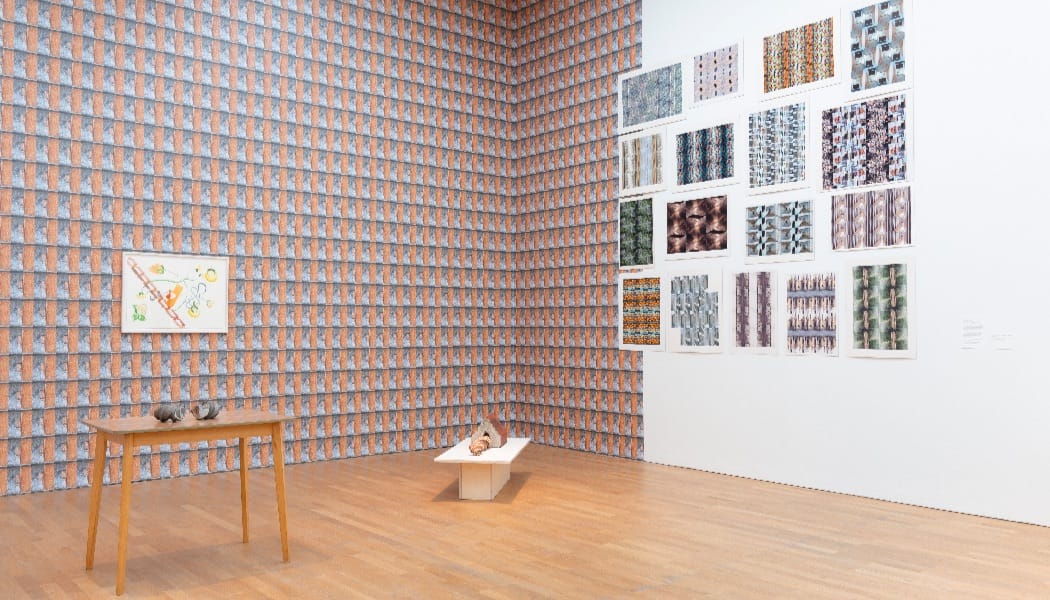
What do you hope visitors might take away from seeing your work at MIMA in the years to come?
“Having now visited Middlesbrough and MIMA over several years I know that it has a lively art scene as well as an extremely diverse audience. This includes people of all nationalities and social backgrounds. Even though it wasn’t a conscious decision on my part, it turns out that my attitude to and use of many different materials makes my work accessible to many different people. I hope this continues to be the case and that it gives them the confidence to just go ahead and try new things.”
The Freelands Art Fund Acquisition continues to open up new opportunities for women artists and museums across the UK. Its fourth round opens in October 2025, inviting expressions of interest from museums interested in acquiring work by Everlyn Nicodemus, winner of the 2022 Freelands Award.
To be the first to find out about funding opportunities, sign up to Art Fund’s Museum Bulletin newsletter: www.artfund.org/professional/museum-bulletin

